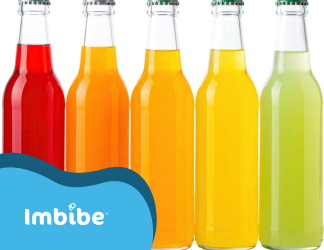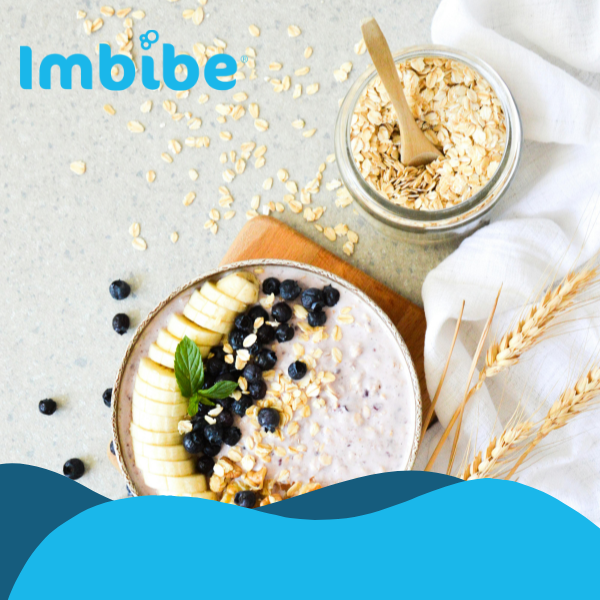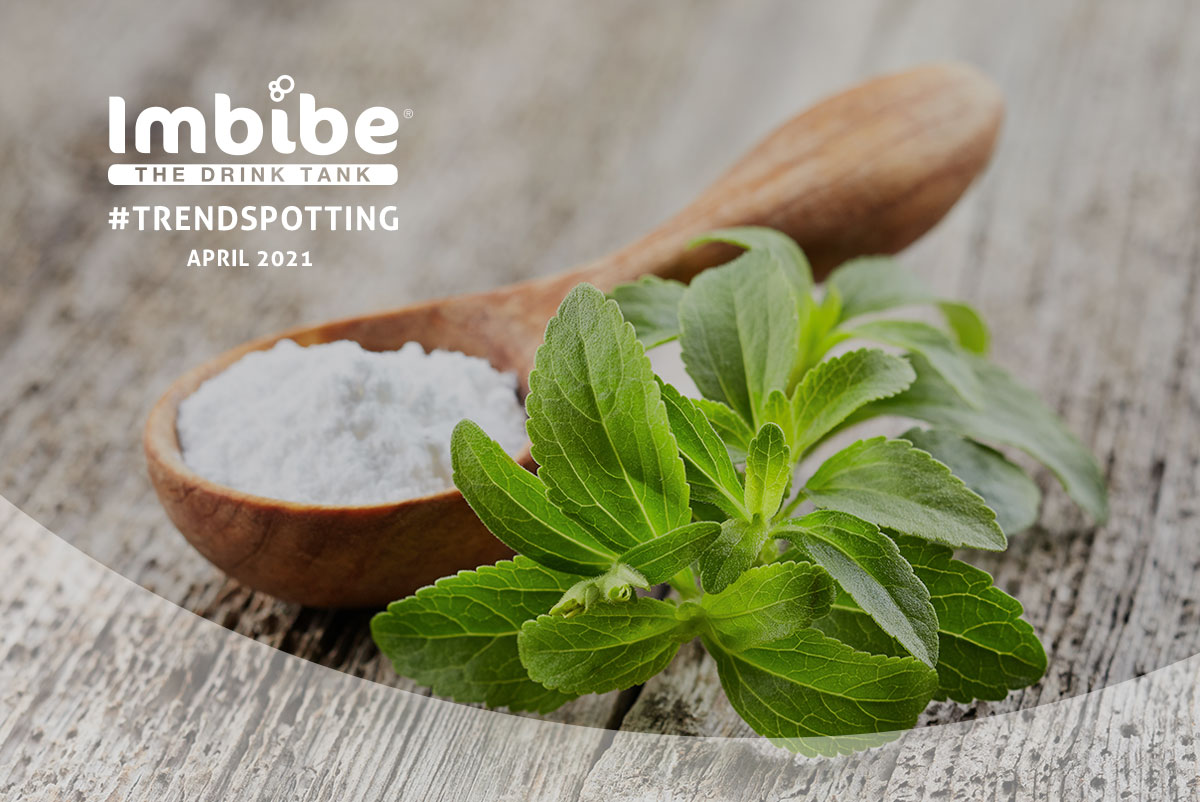
The (natural, non-nutritive) Sweet Spot
Ingredient suppliers and food and beverage brands have been trying to design and incorporate ingredients that deliver a sugar-like experience (without the biological impact) for decades, with varying degrees of success. Part of the challenge lies in the multi-functional nature of sugar. Yes, it sweetens, but it’s also a powerful masker. Its impact to texture by adding bulk and a pleasant mouthfeel to products also can’t be ignored. While we wait for the silver bullet that delivers a perfect replication of a sugar-like experience without the negative impact to a myriad of biological processes, we predict that usage of natural, non-nutritive sweeteners will soar.
The top four to watch are stevia, monk fruit, allulose and erythritol – sometimes flying solo, but also commonly blended. Keep reading for recent launches leveraging these natural sweeteners.
Stevia+
According to Innova Market Insights, stevia was used in more than 6,800 new food and beverage products globally in 2019, representing a 20.6% increase from 2018. In response to an increase in customer requests for naturally sweetened products, Imbibe scientists designed Pre/Sense™ Stevia, our proprietary and high-performing stevia blend, which is used internally in many formulations and is now available as a stand-alone ingredient for external R&D teams.According to Innova Market Insights, stevia was used in more than 6,800 new food and beverage products globally in 2019, representing a 20.6% increase from 2018. In response to an increase in customer requests for naturally sweetened products, Imbibe scientists designed Pre/Sense™ Stevia, our proprietary and high-performing stevia blend, which is used internally in many formulations and is now available as a stand-alone ingredient for external R&D teams.
While stevia can effectively stand alone, it is commonly paired with monk fruit for a more impactful and sugar-like sweetness experience. We spotted this sweetener duo (stevia + monk fruit) in Hey Aloe’s hydration beverage, which touts 0g of added sugar, and offers 20% of the %DV of Vitamin C and 4% of Zinc to help support a strong immune system. New Fairlife Core Power Elite Protein Shake takes a different approach to sweetness and includes artificial sweeteners, Ace K and sucralose, in addition to monk fruit juice extract and stevia leaf extract in their 42g dairy protein drink.
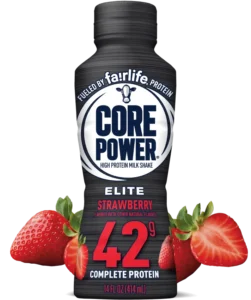
Monk Fruit+
Google searches for this natural sweetener have increased 49% in the past 16 months, though it is still searched for about half as frequently as stevia.
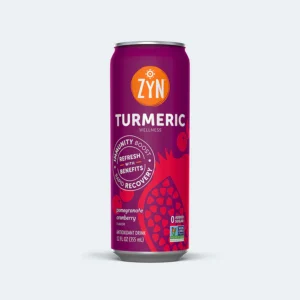
With a former Biggest Loser coach, Jillian Michaels, behind the brand, Lucky Jack Coffee values the healthful associations with natural sweeteners and incorporates both monk fruit and erythritol into their latest nitro latte SKUs. Their 80 calorie oat milk lattes do also include organic cane sugar.
Califia Farm’s hempmilk, a product that is intended to pair beautifully with coffee and was designed for the barista in all of us, combines monk fruit with stevia, and only a few other ingredients in their eco-friendly alt-milk. Monk fruit is also present as the only non-nutritive sweetener in Orro’s plant-based mini meal and Angry Angel Fuel for the mind, body and soul.
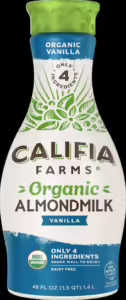
Allulose+
Allulose is a rare sugar, naturally found in certain foods like jackfruit, figs and raisins, and is gaining attention because, while it has similar functionality to traditional sucrose, it isn’t metabolized by the human body. This feature is especially popular among friends of the keto diet, since allulose isn’t counted in the net carb calculation on products and contributes a negligible amount of calories.
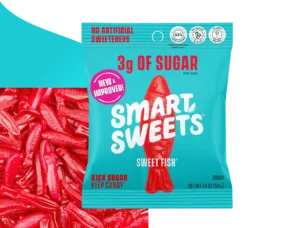
Quest has been known to use allulose in many of their food products, though it isn’t always listed on their ingredient statement. This alternative sweetener is also becoming increasingly popular in gummies and helped Smart Sweets (which also uses stevia to deliver sweetness) gain a leading position in this segment. They have paved the way for brands like Behave to follow suit (though their gummies incorporate monk fruit in addition to allulose).
Allulose is not very common in beverages, as it was only approved in this application in the past few years, but we found allulose (and monk fruit) in Wet Hydration‘s line of wellness infusions. Gut health focused brand, Muniq, offers other health benefits in their meal replacement powder with allulose and one of the most popular steviol glycosides, Reb M. Also focused on gut health, Humm Kombucha’s Humm Zero incorporates allulose and monk fruit in their zero sugar and keto friendly kombucha.
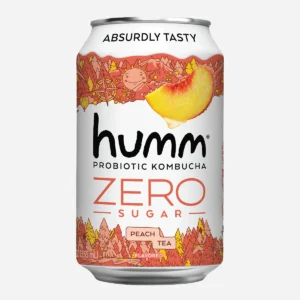
Erythritol+
This sugar alcohol was popularized by Bai, long before the KDP (then DPSG) acquisition in 2016. Though overconsumption can result in gastrointestinal distress, erythritol is commonly used in blends because it delivers more bulk than some of its natural sugar alternative counterparts.
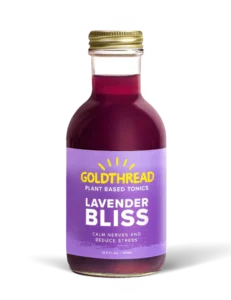
Adaptogenic coffee brand Taika relies on erythritol as well as allulose and monk fruit to get the overall organoleptic experience they’re after in their RTD alt-dairy lattes. Another plant-based brand is Goldthread, whose tonics incorporate functional flavors and ingredients like turmeric, lavender, elderberry, ginger and matcha. They list the naturally occurring erythritol in their formulation right after monk fruit extract.
From a beloved Midwestern brewery, Sprecher’s, came a zero-calorie root beer, inspired by one of their flagship products. Root Beer Zero blends erythritol with monk fruit and stevia to deliver a refreshing experience without the calories.

Looking for some sweet solutions for your next project? Email ingredients@imbibeinc.com to see if Pre/Sense™ Stevia or SweetSense™ will work for you.
Check out more on #TRENDSPOTTING, or visit our blog.


